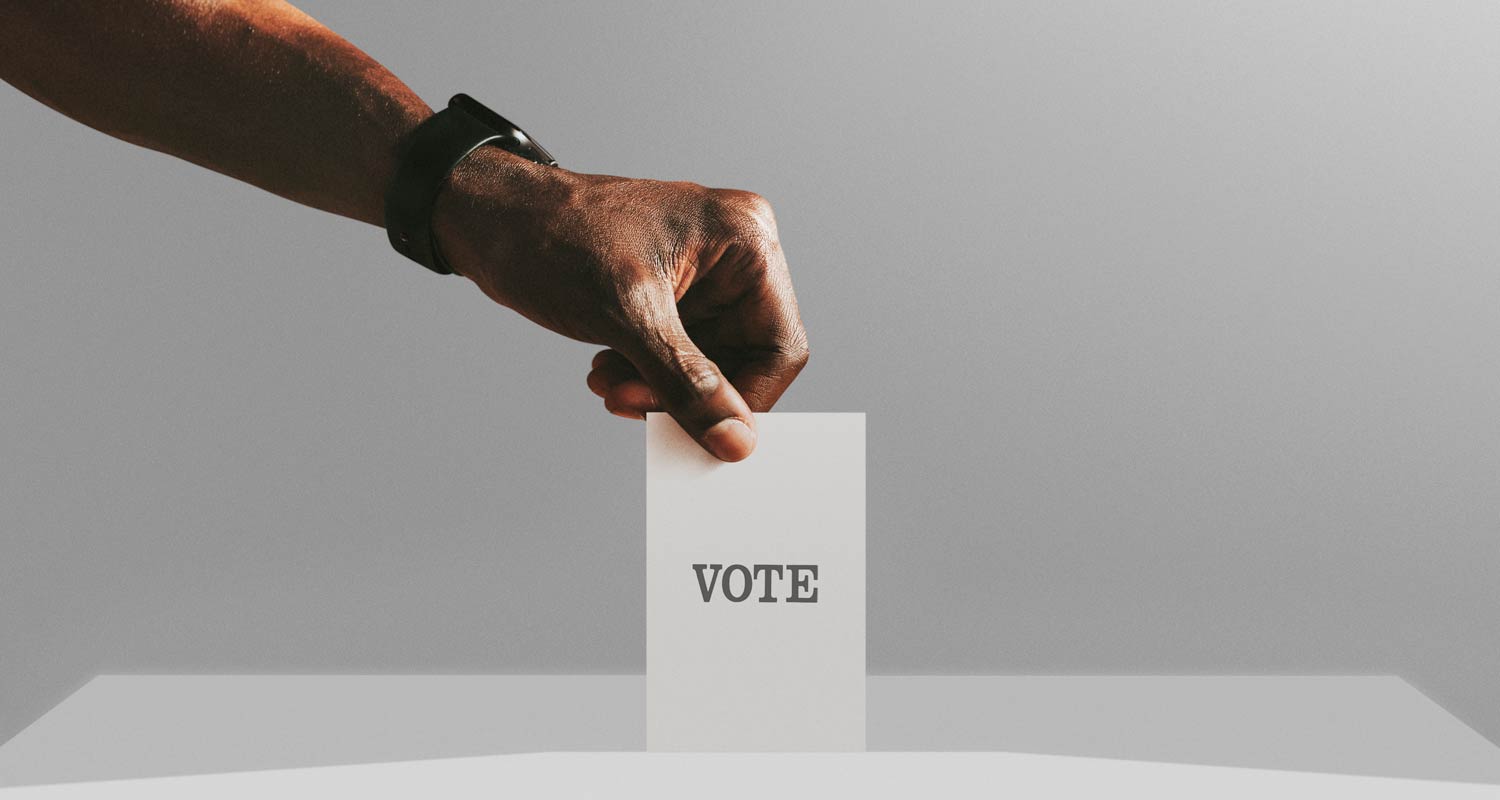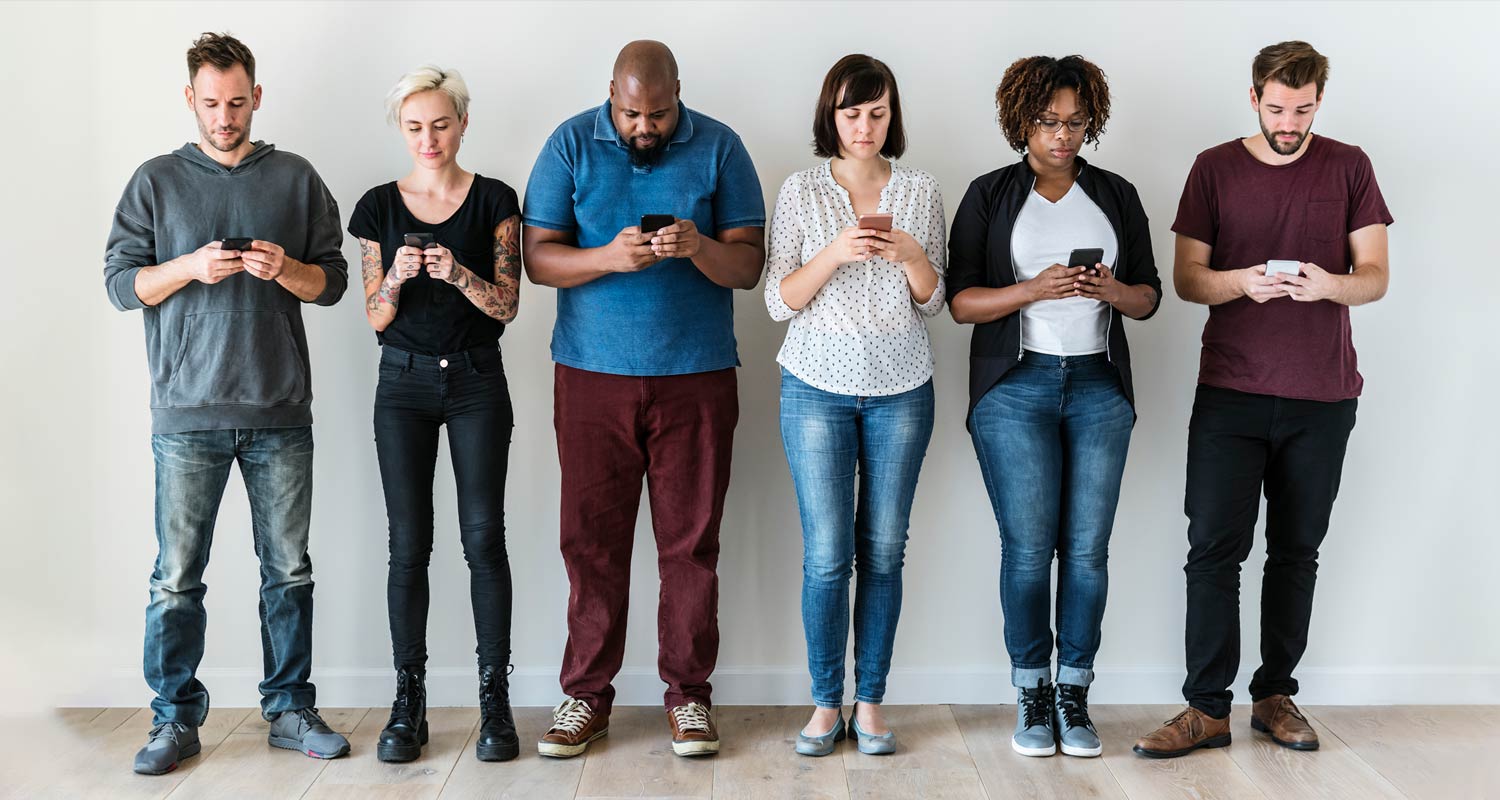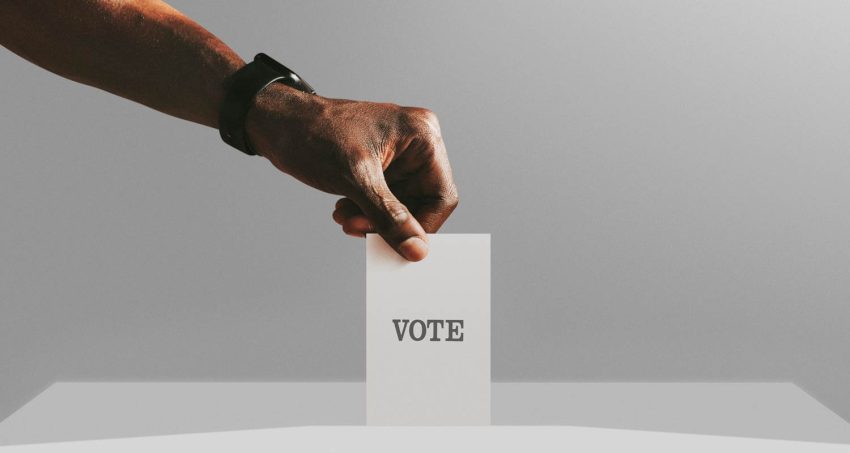 Digital platforms have become the essential infrastructure of modern life. They power everything from our group chats to businesses, shopping, election campaigns and emergency coordination. They instantly connect us and continuously feed us information.
Digital platforms have become the essential infrastructure of modern life. They power everything from our group chats to businesses, shopping, election campaigns and emergency coordination. They instantly connect us and continuously feed us information.
Yet, although they broker information everywhere, the power of digital platforms remains largely invisible.
They control content and harvest information from behind a curtain, and avoid accountability by claiming they’re neutral. Section 230, the US law that states online platforms can’t be treated as publishers, helps them avoid legal responsibility for the content they host.
In a new study published in Political Communication with Francesco Marolla, Marilù Miotto and Giovanni Cassani, we look behind the curtain into how this power works and what it means for democratic politics.
What is a digital platform, exactly?
When we think about digital platforms, we usually think about the apps and services we use every day, such as Google, Instagram or TikTok.
Yet digital platforms should be thought of as an ecosystem dominated by a small number of big tech companies. Governments have their own platforms in this ecosystem. But they still depend on private platforms – app stores, social media apps, payment systems and cloud services – to reach their citizens. The same is true for political parties and civic groups.
In our paper, we developed and tested a theory for understanding the political power of platforms.
Three forms of power
We studied Italy’s anti-establishment party, the Five Star Movement, using a large dataset of user interactions spanning five digital platforms.
The movement emerged in 2005 from its founder’s blog and, in its early years, used multiple platforms to enable direct participation. This makes it an ideal case study for understanding how platforms shape power within political organisations.
Building on previous theories, we have revealed how three critical forms of power emerge in the platform ecosystem.
Read: Social media’s Big Tobacco moment is coming
Political actors either surrender or compete unequally for these powers with the owners and administrators of platforms.
- Network-making power represents the ability to determine network shape and boundaries. It controls how users connect and which groups they can form, shaping their behaviour.
- Networked power represents direct communication influence within networks, controlling which way the information flows and what people see.
- System administration power controls access and the rules users must follow within the platform – from using pseudonyms instead of real names to the length of posts they can publish. It determines who can participate in digital political spaces and how.
 Here’s how these powers play out
Here’s how these powers play out
Platforms maintain complete control over system administration power, similar to how countries have sovereignty within their territories. Users give up control of this power when they participate in the platform ecosystem.
Platforms don’t like to exercise this power, but sometimes they do. We saw this with the systematic de-platformisation of far-right social media app Gab in 2018 or when US President Donald Trump’s social media accounts were locked in 2021 after the 6 January violence on Capitol Hill.
By contrast, platform users can exercise some network-making and networked powers. For example, party leaders can mobilise supporters through viral posts and livestreams, while regular members organise local meetups and coordinate protests through online groups and events.
Platforms exercise network-making power through surveillance, control and modification of behaviours. They use algorithms and data analysis to shape user behaviours at scale, which determines how networks form and evolve. Facebook has used this power to manipulate users’ emotions and influence voting behaviour.
At the networked power level, platforms wield curation powers: they filter, amplify or suppress content according to their goals. They decide which content ranks at the top of your news feed, and what gets ranked down or even shadowbanned.
Constrained, yet powerful
If platform owners have so much power over users, why do 96% of political parties across 48 countries still use them?
Because even under these constraints, political leaders, parties and grassroots organisations can use platforms for essential communication – and achieve their goals.
Political leaders can directly use platforms to promote collective action among their followers. This is the power Trump exercised when he tweeted: “Be there, will be wild!” in December 2020 in reference to what became the Capitol Hill riots.
Meanwhile, grassroots activism can grow on platforms through “connective action”. This means people loosely coordinate online to form self-organised protest networks – examples of this are the Arab spring, the indignados in Spain and the #MeToo movement.
Political turbulence
Our findings reveal a critical issue in contemporary politics. Platforms concentrate unprecedented communication power, yet political actors remain dependent on these very systems for democratic participation.
This asymmetrical power structure has serious implications. Even when political organisations successfully use digital platforms – such as for reaching their constituents – they do so under the rules platforms have imposed.
Democratic discussion increasingly happens online, but platforms maintain full control over these digital spaces. A change in ownership or policies can abruptly disband established political networks. It can also reconfigure conversations completely.
 The fragmentation of audiences across platforms creates additional problems. Our work and others shows users tend to cluster within single platforms rather than engaging across multiple spaces. This leads to distinct communities with their own communication norms and discussion topics.
The fragmentation of audiences across platforms creates additional problems. Our work and others shows users tend to cluster within single platforms rather than engaging across multiple spaces. This leads to distinct communities with their own communication norms and discussion topics.
This fragmentation can both strengthen and weaken political organisations. While it allows for diverse participation, it also makes it difficult to maintain consistent messaging.
All this leads to ongoing “political turbulence” where people’s attention and leadership credibility rises and falls dramatically.
Behind the scenes, digital platforms fragment public discourse while amplifying cynicism, distrust and rage-driven engagement. Their power can be repurposed to align with different goals: for financial gains, for political dominance, or for both.![]()
- The author, Francesco Bailo, is lecturer in data analytics in the social sciences, University of Sydney
- This article is republished from The Conversation under a Creative Commons licence. Read the original article
Don’t miss:
Bluesky’s radical idea: let users set the rules of social media

